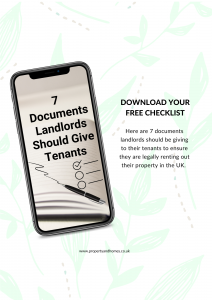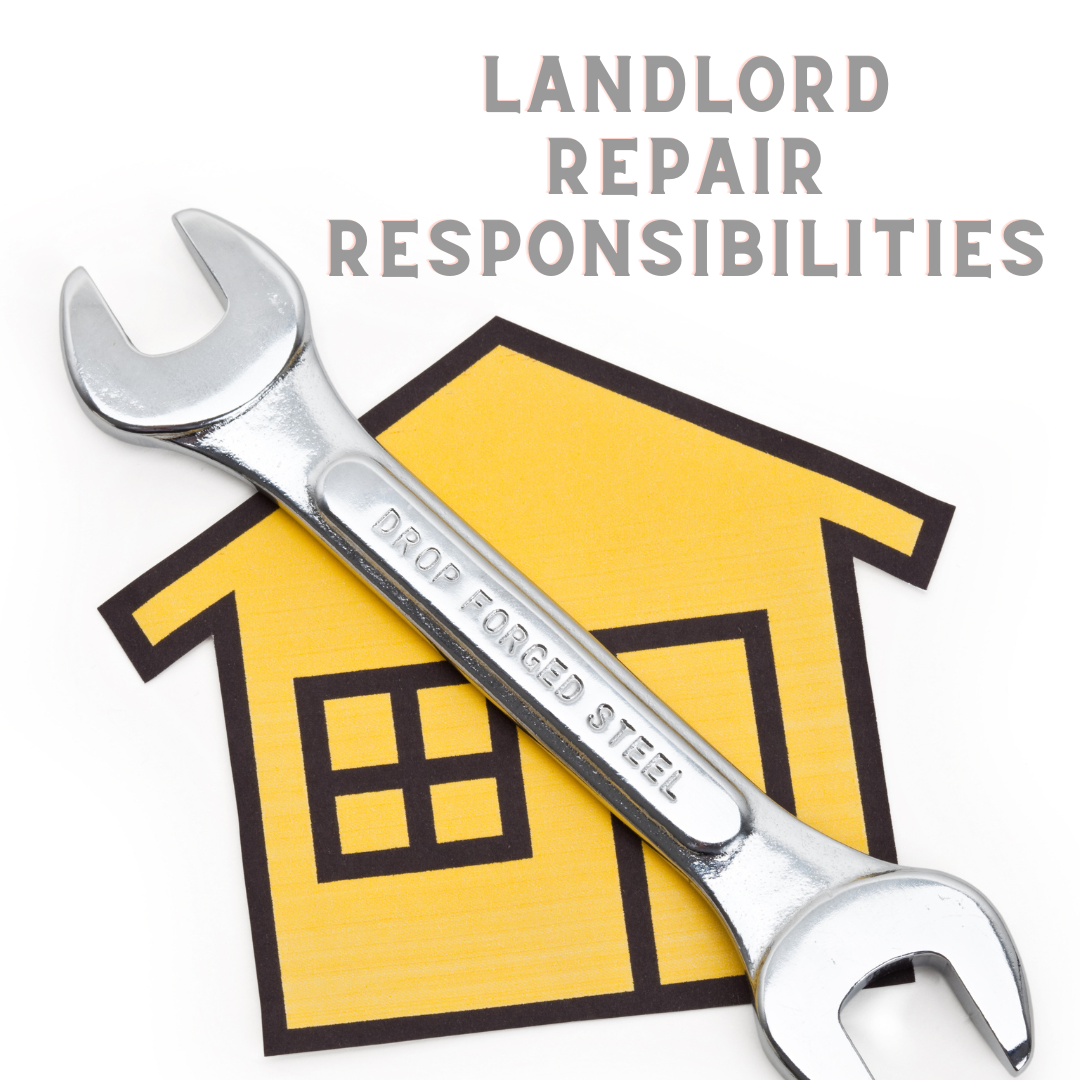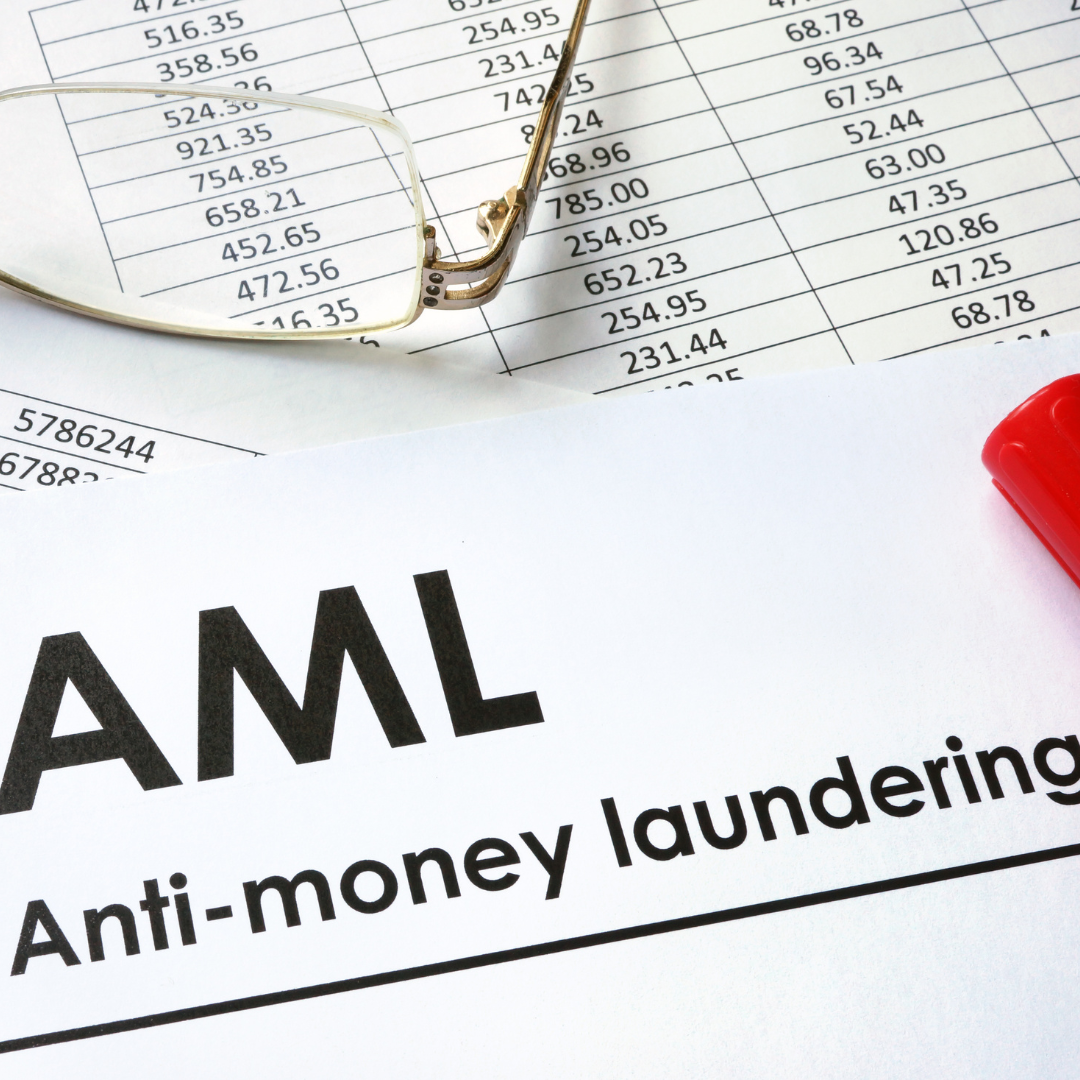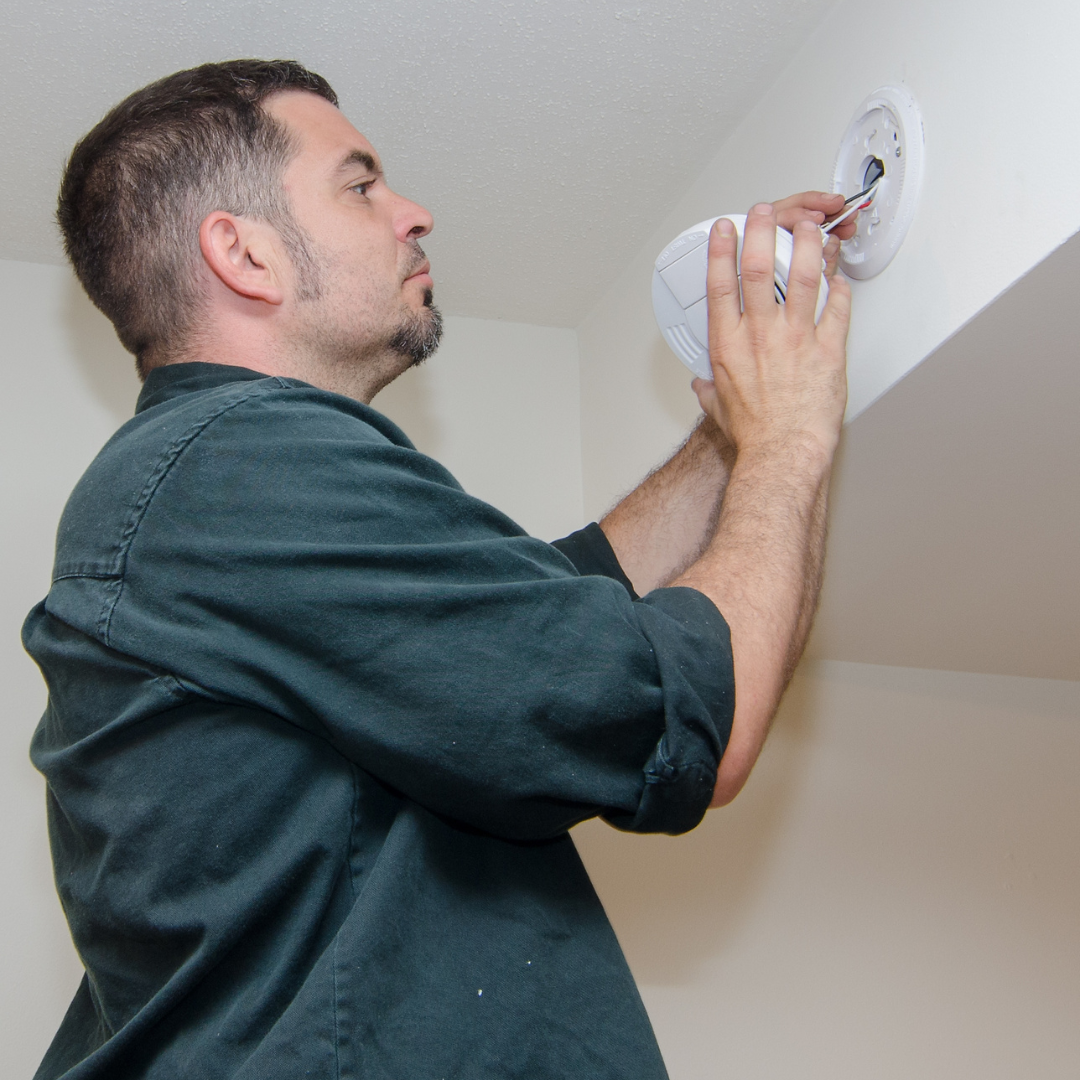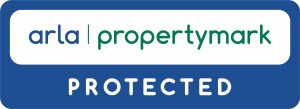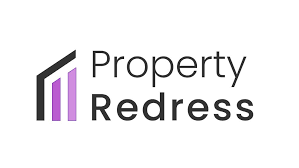Making Tax Digital has Landlords worried – Be compliant in 3 easy steps
The rules for Making Tax Digital (MTD) for Income Tax will be coming into force from 6 April 2024 and it will affect landlords. Read on for how this government initiative will impact you and what you will need to do to prepare for the changes coming into effect in April 2024.

What is Making Tax Digital?
It is a government initiative to make tax administration more efficient and easier for taxpayers through the implementation of a fully digital tax system. The government says it is introducing Making Tax Digital to make it easier for people and businesses to manage their tax affairs and to help prevent avoidable mistakes that are believed to cost many billions of pounds a year in lost tax revenue.
Which landlords will be affected by Making Tax Digital for Income Tax?
This initiative will affect landlords with property income above £10,000. You must still file a Self-Assessment tax return (SA100) for the tax year before you comply with MTD for Income Tax Self-Assessment requirements. But once you do, you won’t have to complete a Self-Assessment tax return (SA100) each year.
Landlords with property income of between £1,000 and £10,000 a year will need to continue filing annual tax returns through the Self-Assessment process.
If you already use software to maintain your financial records, HMRC recommends asking your provider whether their software is or will be Making Tax Digital for income tax compatible.
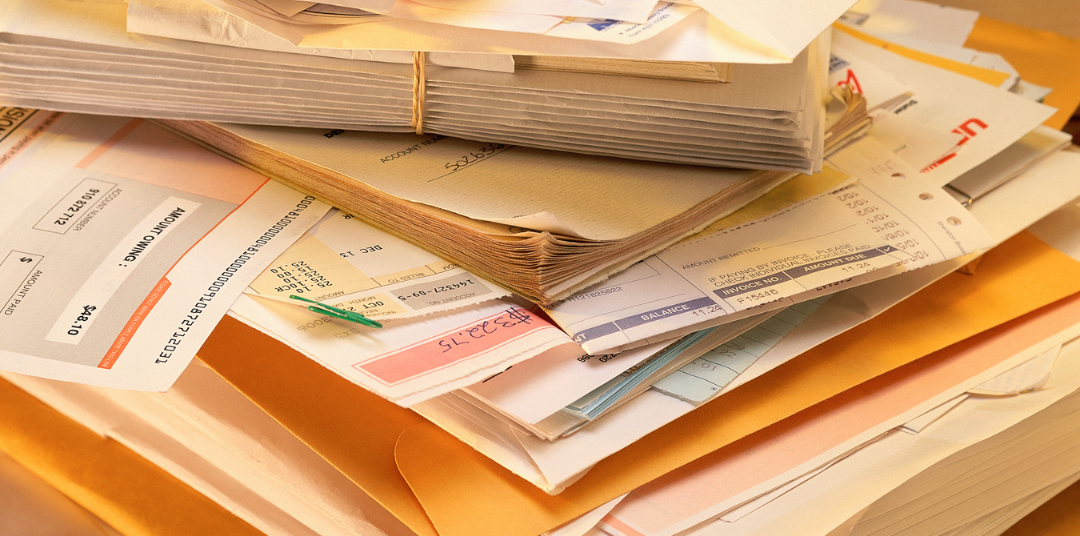
How do you become Making Tax Digital compliant?
1. Maintain digital records – you must keep digital records of all your transactions. These records must be held digitally (e.g. invoice and expenses data) and kept for the required period after the tax year ends (currently five years). You will need to use MTD-compatible software to maintain and report digital records of your rental income and expenses.
2. Register for MTD – register for the digital tax service through your existing Government Gateway account. The GOV.UK website helpfully lists software that is compatible with Making Tax Digital for Income Tax. Making Tax Digital for Income Tax-compatible software can:
- maintain business records as required by the regulations
- prepare and send quarterly updates and end-of-period statements using the information maintained in your records
- finalize your business income and submit your declaration after the end of the tax year
- communicate with HMRC digitally through HMRC’s (application programming interface – API) platform.
3. File four tax returns a year instead of one – under the new rules, affected landlords will need to send a summary of their business income and expenses to HMRC every three months using compatible software.
Need to fix a repair or breakdown?
Landlord Blog
Demystifying the Section 8 Notice: A Comprehensive Guide for Landlords
When it comes to managing rental properties, landlords occasionally find themselves in situations where tenants are in breach of their tenancy agreements. In such cases, a Section 8 notice can be a valuable tool to regain possession of the property.
Navigating the Rental Revolution: A Deep Dive into the Renters’ Reform Bill
The Renters’ Reform Bill is a hot topic in the UK, aiming to bring a wave of change to the rental market. We’ve rounded up all you need to know about this exciting development and will keep you updated as the details unfold.
A Comprehensive Guide: How Landlords Can Prepare for Bailiff Evictions in the UK
Evictions can be a challenging and distressing process for landlords in the UK, particularly when the tenant is uncooperative or has failed to pay rent. If all other methods to resolve the situation have been exhausted, landlords may need to consider the last resort – applying for a bailiff eviction.
We create this content for general information purposes and it should not be taken as advice. Always take professional advice. Please read our full disclaimer.



